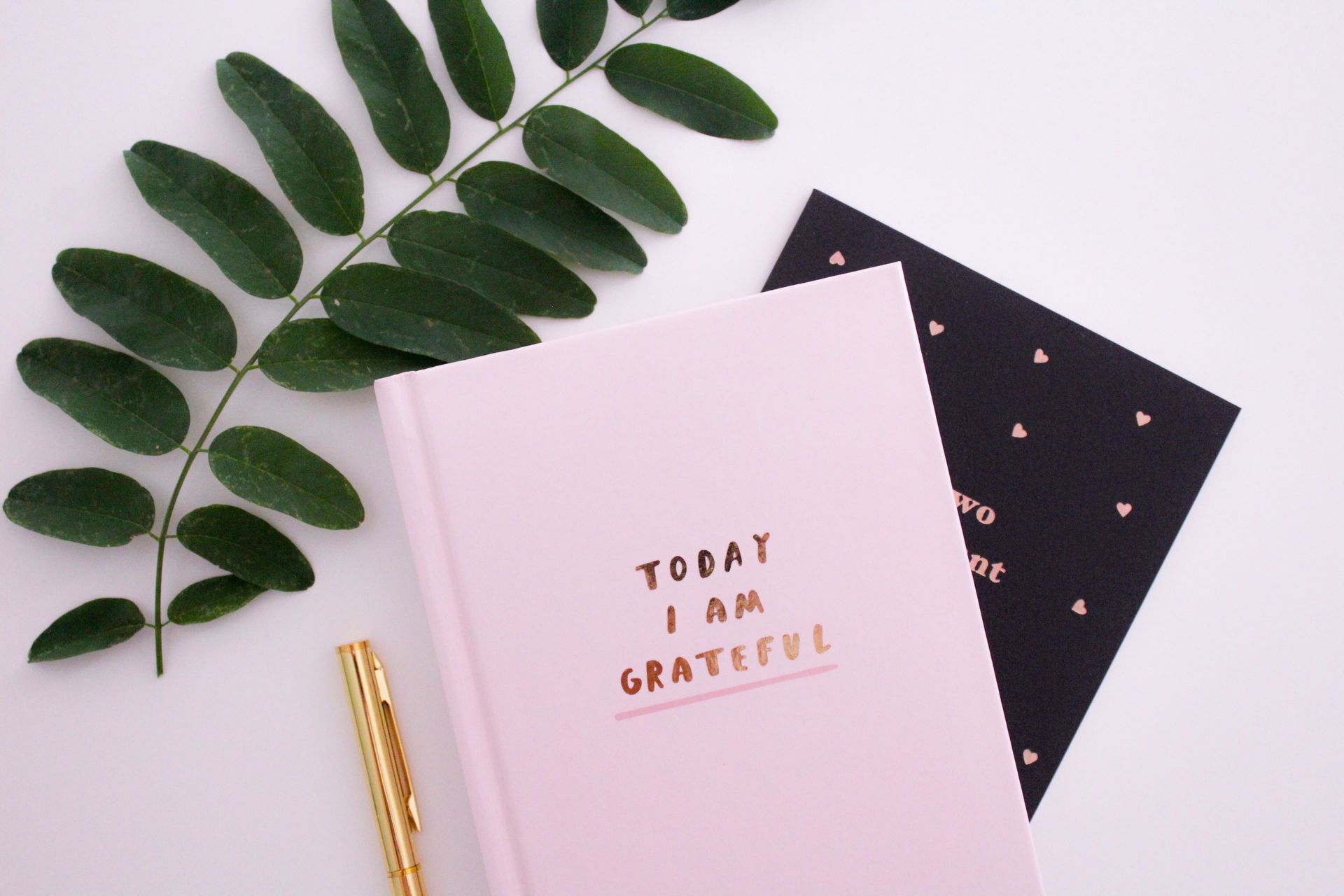Herbal Help & Tips for Sleep Concerns

A major health tenet of herbalism is living with the seasons. This basic principle means that as the seasons change, the foods we eat, the herbs we use, and the way we live our lives should change, too. The goal is to be in balance with the forces of nature. Many of us do this even on an unconscious level. We crave watermelon and iced lemonade on hot summer days and relish hearty stews during the cold winter months.
Many people also have trouble getting the sleep they need. Sometimes it’s as simple as actually getting to bed, while other times you make it to bed, but find you can’t fall asleep. Then there is the special occasion of Daylight Saving Time.
You can prepare yourself to “spring forward” in March by gradually shifting your schedule in the week leading up to the time change. The American Academy of Sleep Medicine advises trying to slowly adjust your schedule by going to bed around 15-20 minutes earlier each day for the 3-4 days leading up to the time change. Consider using our Deep Sleep® formula during this transition. It is a wonderful, gentle and effective formula that will not lead to morning drowsiness.
Less exposure to light in the morning and greater exposure to evening light can affect our mood and energy levels and even decrease serotonin. Counter this by getting more AM light! Make time to take a morning or early afternoon walk while the sun is out. This will help adjust and regulate your internal clock.

1. Stop working. This is a no-brainer, but we’re sure this is something we all forget, especially when working on a time-consuming project. Close the computer or put down your pen at least 60 minutes before bedtime. Your mind needs to let go of the day, so you can sleep.

2. Get some exercise. There is a caveat. Make sure you end your exercise program at least two hours before you head to bed, so your body’s endorphins can calm down enough to sleep.

3. Write down your thoughts. If you find yourself unable to tune out your thoughts, write them down. You may be pleasantly surprised to see how much more relaxed you feel knowing you have set yourself up for a less stressful work day.
4. Eat if you are hungry. This is not a green light to overindulge before bedtime. Overindulging is actually a very bad idea if you want to get some sleep. A snack, such as a piece of fruit, or a small piece of protein or cereal and milk, can take the edge off so you can sleep and not l in bed thinking about ransacking the refrigerator.
5. Drink before bed. A small glass of tart cherry juice, a half of a mug of warm milk or chamomile tea may be your pre-bedtime drink of choice. These beverages help you relax.

6. Turn off the light. This means turning off the electronics, including your phone, laptop and television, not just the bedroom lights. Blue light emitting from our electronics has been shown to block melatonin production. Melatonin helps us fall asleep. We really don’t want melatonin production blocked, so turn those lights out!
7. Try herbal formulations.
Passionflower helps to quiet your active mind. Chamomile supports rest when you have mild to moderate uneasy sleep. California Poppy helps you stay asleep when you tend to wake up during the night. You will find these and other sleeppromoting herbs in Deep Sleep®.











